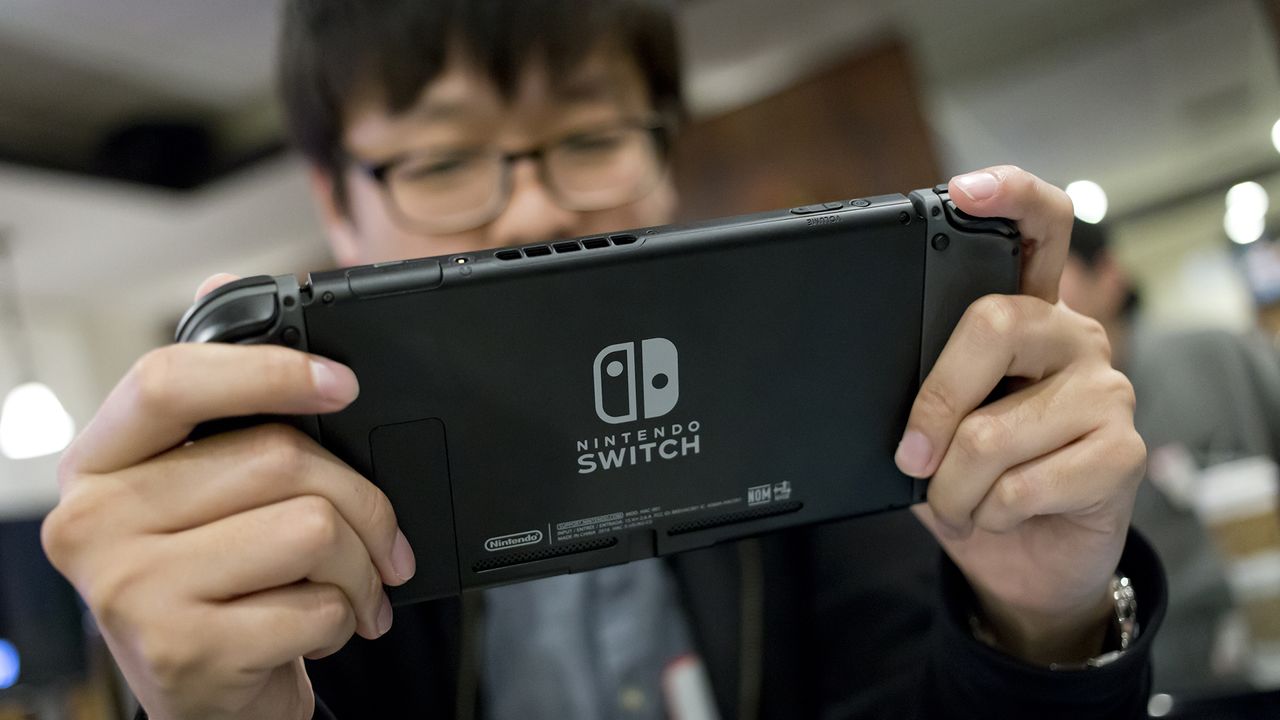
Nintendo Clarifies Its Stance on Generative AI and Government Interaction
Nintendo has officially addressed recent online rumors that suggested the company was working with the Japanese government to oppose the use of generative AI. The statements came in response to a series of claims that circulated on social media platforms, which were later debunked by the company itself.
In a statement shared on X (formerly known as Twitter), Nintendo emphasized that it had not engaged in any discussions with the Japanese government regarding generative AI. The company reiterated its commitment to protecting its intellectual property, regardless of whether generative AI is involved. "Whether generative AI is involved or not, we will continue to take necessary actions against infringement of our intellectual property rights," the statement read.
The confusion began after a post by Satoshi Asano, a member of the Japanese House of Representatives, claimed that Nintendo was lobbying the government to resist the adoption of generative AI. However, this claim was quickly refuted by Nintendo, leading Asano to issue a formal apology on Sunday. He expressed regret for not verifying the facts before making the initial accusation.
This situation occurred against the backdrop of the recent launch of OpenAI's Sora 2, an AI video generation model that faced backlash for producing content featuring copyrighted material. Among the affected entities were Nintendo, Pokémon, and Studio Ghibli. One particular video featured an AI-generated version of OpenAI's CEO, Sam Altman, saying, "I hope Nintendo doesn't sue us," while lifelike Pokémon characters appeared in the background. This incident likely contributed to OpenAI's decision to revise its policies on using copyrighted material in Sora.
Nintendo has long been known for its strict protection of its intellectual property. While the company has not fully outlined its internal stance on generative AI, it has previously indicated some caution. Nintendo has mentioned avoiding the use of generative AI for now, citing concerns about IP protection. However, Nintendo president Shuntaro Furukawa has also expressed openness to leveraging technological advancements, suggesting that generative AI might not be entirely off the table in the future.
It's worth noting that over half of Japanese game companies are already utilizing generative AI in various capacities. This trend highlights the growing integration of such technologies within the gaming industry, even as companies like Nintendo navigate the complexities of IP protection and innovation.
As the conversation around generative AI continues to evolve, Nintendo's approach remains one of careful consideration. The company's official response underscores its dedication to safeguarding its creative assets while remaining open to future developments in technology. With the ongoing debate surrounding AI and copyright, it’s clear that the gaming industry is at a pivotal moment, balancing innovation with the need to protect original content.
For those interested in staying updated on the latest in gaming, there are several resources available. From upcoming 2025 releases to the best PC games, free PC games, and top FPS and RPG titles, there's something for every gamer. Whether you're looking for solo adventures or multiplayer experiences, the gaming world continues to offer exciting opportunities for players and developers alike.

Post a Comment